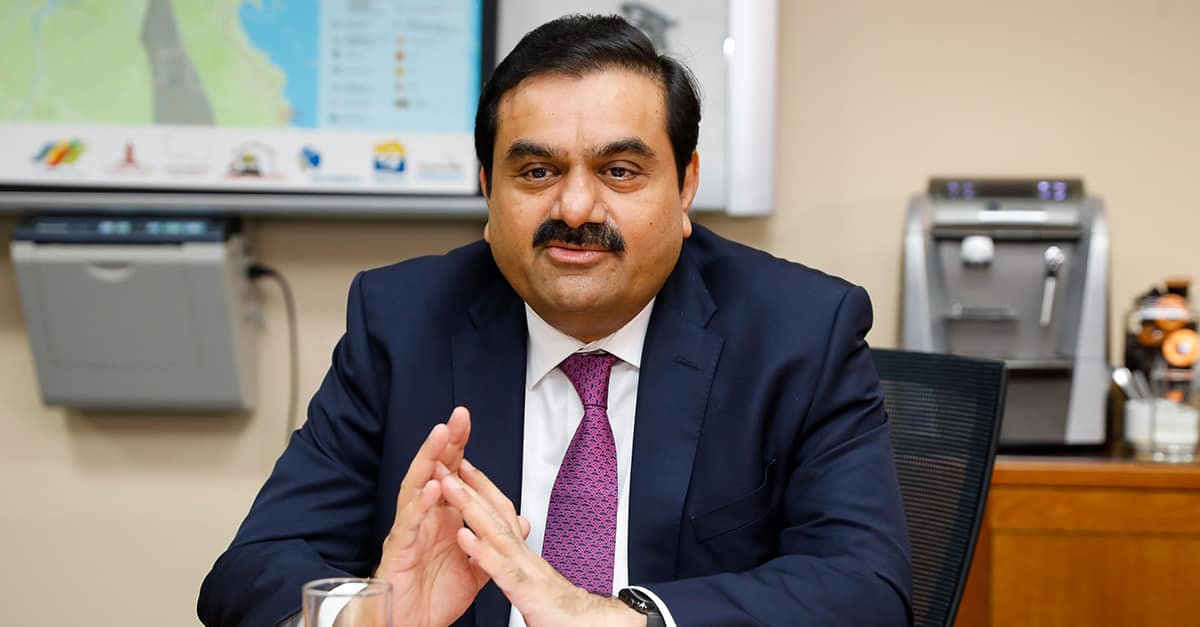Gautam Adani dropped out of college and became a billionaire over his 50-year career.

From college dropout to diamond sorter to the possessor of the fastest-growing fortune in the world, Adani Group Chairman Gautam Adani has traveled a remarkable road in his 50-plus-year career. According to the Bloomberg Billionaires Index, Adani added $16.2 billion to his wealth over the past year, outpacing Jeff Bezos and Elon Musk as well as compatriot Mukesh Ambani, chairman and managing director of Reliance Industries and the richest person in Asia. That growth raised Adani’s total net worth to $50 billion, making him the 25th richest person in the world, according to the Bloomberg Index.
Adani, whose holdings range from ports to gas and green energy to power plants and data centers, has “always had a keen eye on identifying industries required by the nation and also being supported by government policies,” says Sunil Chandiramani, CEO of Nyka Advisory Services and an independent director. “With a strong reputation for building and scaling successful businesses, capital has been easily available for the group.”
Born in 1962 in Gujarat, India, Adani had no interest in his father’s textile business. After dropping out of college, he became a diamond sorter before starting his own diamond brokerage. His big break was his brother’s invitation to manage the operations of his plastics company, introducing Adani to trading through imports of polyvinyl chloride (PVC), the crucial raw material for manufacturing plastic. He founded Adani Enterprises in 1988 with capital of $6,900.
In 1995, Adani won a contract from the government to run Mundra Port, on the Gujarat coast, and transformed it into the largest commercial port and coal import terminal in India. He founded Adani Power in 1996, now India’s largest private power producer. Currently, Adani Group includes six publicly listed entities with a combined market capitalization exceeding $80 billion.
Adani Group “invested in projects that have a long future and are deeply rooted in fulfilling the needs of the country,” says Chandiramani. “The group has mastered the art of using capital effectively.”



